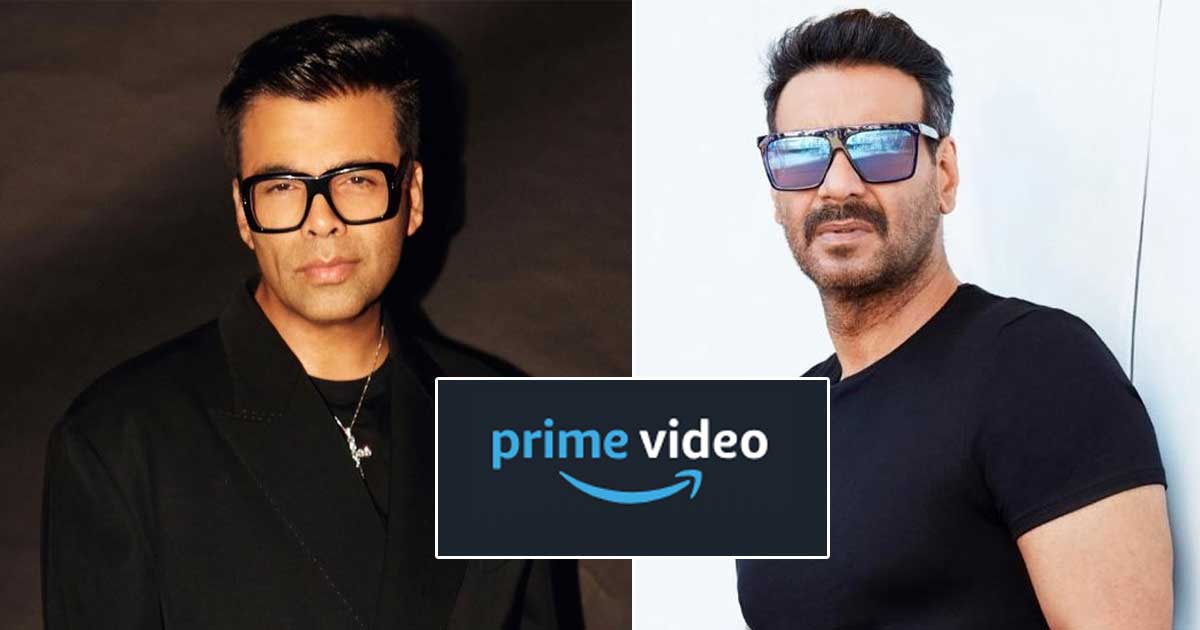
The innovations of the present always have their germ in the practices of the past. In the tradition of the video rental libraries that ruled the entertainment landscape in the 1980s and 1990s, Prime Video has rolled out a transactional video on demand (TVOD), which allows viewers the freedom to rent movies they want to watch without necessarily paying the monthly subscription of the OTT platform.
Explaining the thought behind this initiative, Gaurav Gandhi, Head of Amazon Prime Video India, said: “In addition to investing in great content, we are super excited about the launch of our TVOD movie rental service, which will not just give even more expanded reach to these films, but also give customers more choice in how they want to access and watch content.”
Gandhi was referring to the licensing deals that the streamer has struck with leading production houses, including Ajay Devgn FFilms, Karan Johar’s Dharma Productions, Ritesh Sidhwani and Farhan Akhtar‘s Excel Entertainment and Aditya Chopra’s Yash Raj Films.
Trending
Additionally, it has announced a lineup of original movies (notably, the Telugu movie ‘Ammu’ with National Award winner Bobby Simha and ‘Maja Maa’, a comedy featuring Madhuri Dixit Nene in the lead), co-productions (such as the Akshay Kumar-starrer ‘Ram Setu’, developed by Chandrakant Dwivedi, who’s now in the news because of ‘Prithviraj’), and a special collaboration, ‘Tike Weds Sheru’, starring Nawazuddin Siddiqui and Arveen Kaur.
For all this software, the TVOD service will serve as the rental window. Amazon, Prime Video’s parent company, in March last year, bought the content-rich library of the Hollywood studio MGM in a $8.5 billion merger and acquisition deal.
The deal, the second-largest acquisition for Amazon after its purchase of Whole Foods, has unlocked for Prime Video a gold mine of 4,000 film titles, including all the Jame Bond movies, classics such as ‘Rocky’ and unforgettables like ‘Silence of the Lambs’ and ‘Legally Blonde’, and 17,000 TV episodes, which has together garnered 180 Academy Awards and 100 Emmys. This, for audiences, equals access to an enviable content library — for a price, of course.
“The [TVOD] service would widen customers’ reach and choice,” Gandh explained. “It enables them to pay per movie, instead of a flat monthly fee.”
Taking the cue from YouTube’s movie rental service, Prime Video gives its customers the opportunity to bypass the yearly subscription and pay for only the content that they wish to watch on a rental basis. These viewers can watch a title for an assigned period of time. It will be available for 30 days but must be viewed within a 48-hour window.



 Follow Us
Follow Us









